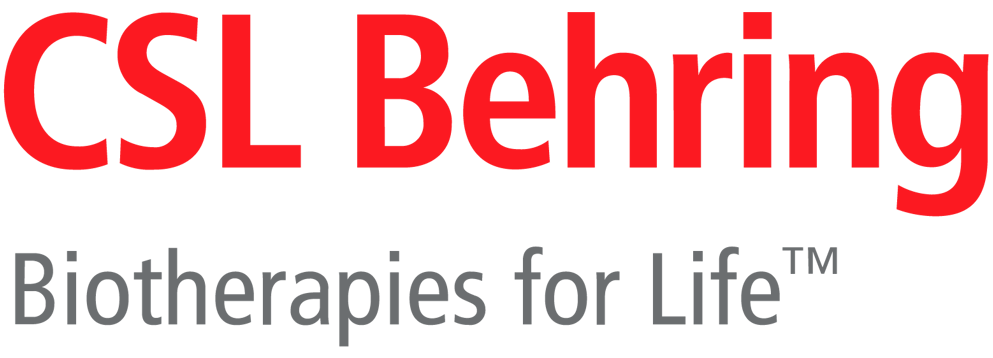Managing target-specific oral anticoagulant associated bleeding, including an update on pharmacological reversal agents
Prothrombin complex concentrate (PCC), clotting factors and proteins derived from human plasma, is to be used with caution, as it confers a significant (1.4%) risk of thromboembolism in bleeding patients. There is some evidence that it may reduce bleeding, and it appears to correct several of the clotting abnormalities introduced by NOACs, with more clear evidence for reversal of rivaroxaban and edoxaban than dabigatran.
Activated PCC (aPCC) is a variant with some activated as well as inactivated clotting factors, and is only currently licensed for use in haemophilia-related bleeding. As with PCC it confers a known risk of thrombosis, and at this stage has a small body of laboratory and animal studies that appear to demonstrate a partial restoration of haemostasis.
Recombinant factor VIIa has demonstrated some improvement in laboratory coagulation studies, but has not been trialled in humans for anticoagulant reversal. Aripazine (also called ciraparantag) is in development, and binds to NOACs, reducing bioavailability. It has shown some early benefit in animal studies and in human volunteers.
Specific reversal agents represent a targeted method of reversal, hopefully without the pro-thrombotic risks associated with nonspecific agents. Idarucizumab is a monoclonal antibody with a high binding affinity for dabigatran, and is now licensed in the USA and Europe (although not at the time of this publication). Andexanet alfa is targeted at the factor Xa inhibitors, and has corrected clotting metrics in humans and animals, reduced anti-factor Xa activity in trials with apixaban or rivaroxaban, and reduced bleeding times in animal models.
Recommendations from this review reiterate that the mainstay of treatment for the bleeding NOAC patient is supportive care, along with early referral for mechanical or procedural intervention. Anticoagulants should be withdrawn if appropriate depending on thrombosis risk. Oral charcoal can be considered if given within two hours of anticoagulant administration. In appropriate scenarios, haemodialysis may facilitate removal of NOACs. Although not supported for anticoagulant reversal by any studies, anti-fibrinolytic agents and desmopressin reduce blood loss in the perioperative period without increasing thrombosis risk. In severe or life-threatening bleeding, PCC or aPCC could be used with careful consideration, with the caveat that this is based on methodological data only.
of interest
are looking at
saved
next event
Job number: KCT16-01-0010
Developed by EPG Health for Medthority in collaboration with CSL Behring, with content provided by CSL Behring.
Not intended for Healthcare Professionals outside Europe.

